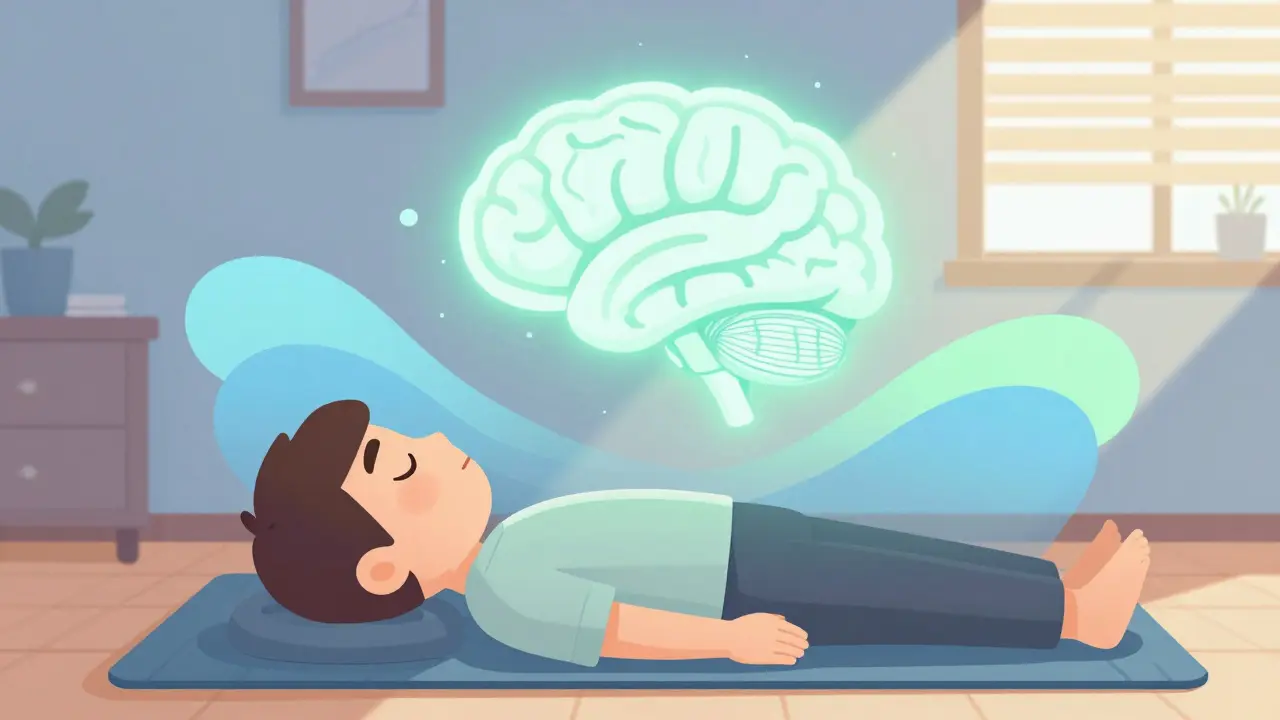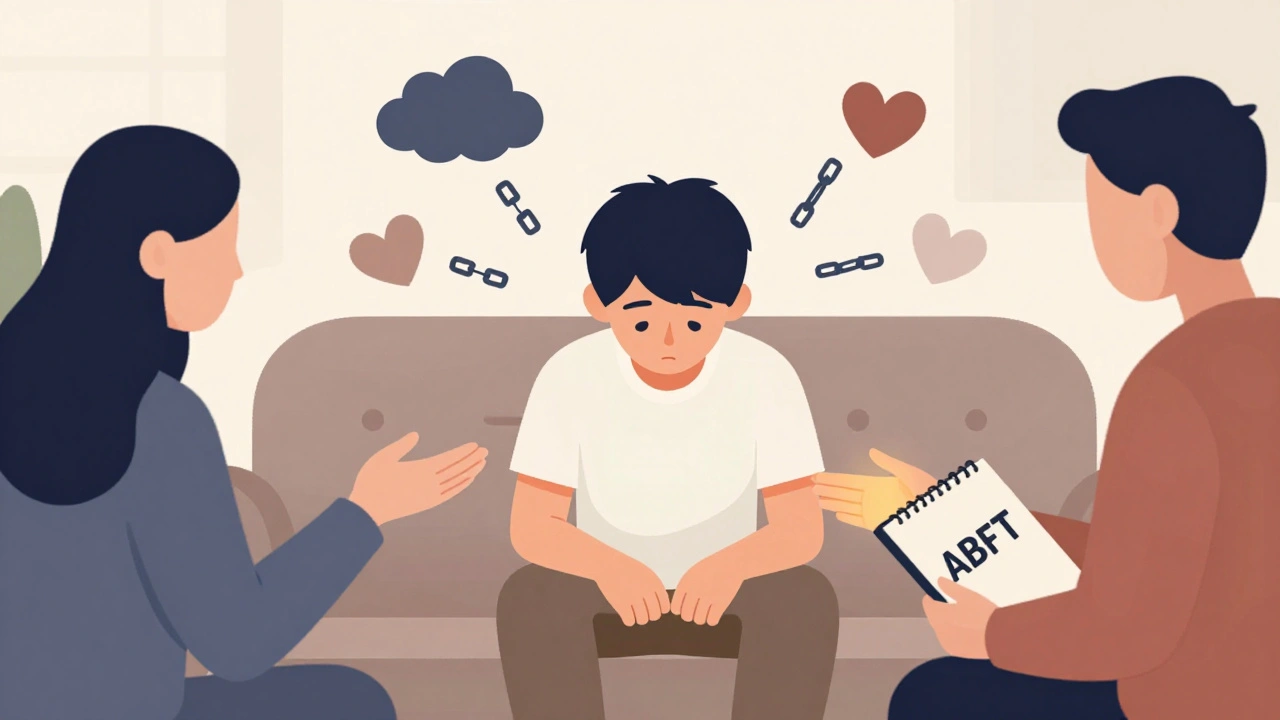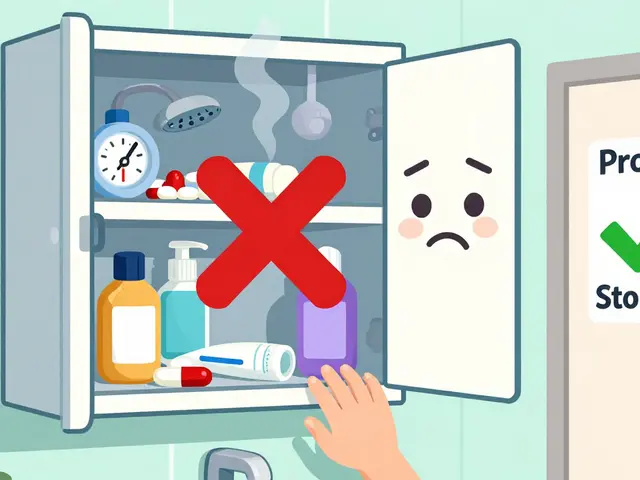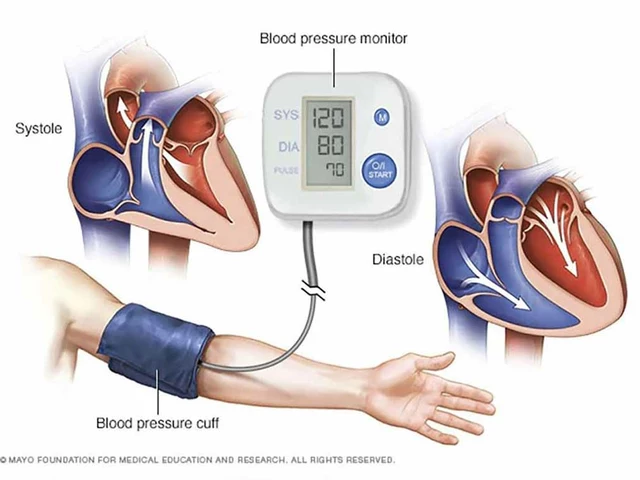Mental Health Medications: What You Need to Know About Their Effects
Taking medications for mental health can feel like stepping into the unknown. You want to feel better, but what about side effects? Two common meds people talk about are Lurasidone and Fluoxetine, and understanding their impact can make a big difference in your daily life.
How Lurasidone Can Impact Your Sleep
If you’re prescribed Lurasidone, you might notice changes in how you sleep. Some folks find it messes with their sleep, causing insomnia or restless nights. On the flip side, because it helps manage symptoms of some mental health issues, it can improve sleep by calming your mind. Everyone reacts differently, so it’s not one-size-fits-all. Chatting with your doctor about how it affects you is key to figuring out the best plan.
Fluoxetine: Weighing the Good and the Not-So-Good
Fluoxetine is a popular antidepressant that can lift mood and ease anxiety or OCD. People like it because it usually has fewer side effects compared to other drugs. Still, it may cause things like nausea or trouble sleeping, which can be rough. These effects often depend on your body and dosage, so keep an eye on how you feel and talk openly with your healthcare provider.
When considering mental health meds, it’s natural to worry about side effects. But knowing what to expect helps you handle changes better. Whether it’s sleep issues with Lurasidone or mild side effects from Fluoxetine, being informed lets you take charge of your treatment.
Remember, no medication’s perfect, and your experience might be different from others'. Don’t hesitate to ask questions and share what you're feeling with your doctor. That way, you get a treatment that fits you best and supports your mental wellness journey.
Mindfulness for Anxiety: Proven Techniques and Clinical Evidence
Mindfulness for anxiety is backed by clinical evidence showing it can reduce symptoms as effectively as medication-without side effects. Learn the proven techniques, how they change your brain, and how to start today.
Child and Adolescent Depression: How Family Therapy and Medications Work Together
Family therapy and FDA-approved medications like fluoxetine and escitalopram are the most effective treatments for teen depression. Together, they address both emotional roots and brain chemistry, offering real hope for recovery.
How Genetics Influence Obsessive‑Compulsive Disorder (OCD)
Explore how genetics shapes Obsessive‑Compulsive Disorder, from twin studies to risk genes and epigenetics, and learn what this means for diagnosis and treatment.
How Bacterial Eye Infections Affect Your Mental Health and Well‑Being
Explore how bacterial eye infections trigger anxiety, depression, and social stress, and learn practical ways to protect mental health while treating the infection.
Lurasidone and Sleep: A Closer Look
In my latest blog post, I delved into the relationship between Lurasidone, an antipsychotic medication, and sleep. I explored how Lurasidone can impact sleep quality and patterns, noting that it can sometimes lead to sleep disturbances, such as insomnia. However, for many, it also has the potential to improve sleep by reducing symptoms of mental health disorders. The effects can vary greatly between individuals, so it's essential to consult with a healthcare provider to understand potential impacts. This is crucial information for anyone using this medication and looking to understand its potential side-effects on sleep.
The Pros and Cons of Fluoxetine as an Antidepressant
As a blogger, I've been researching the pros and cons of Fluoxetine as an antidepressant. On the plus side, Fluoxetine has been proven effective in treating depression, anxiety, and obsessive-compulsive disorder. It also has fewer side effects compared to other antidepressants. However, some people may experience side effects like nausea, insomnia, and sexual dysfunction. Overall, while Fluoxetine can be beneficial for many, it's essential to consult with your doctor to determine if it's the right medication for you.
















